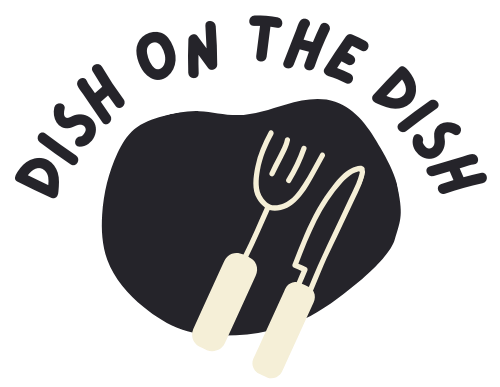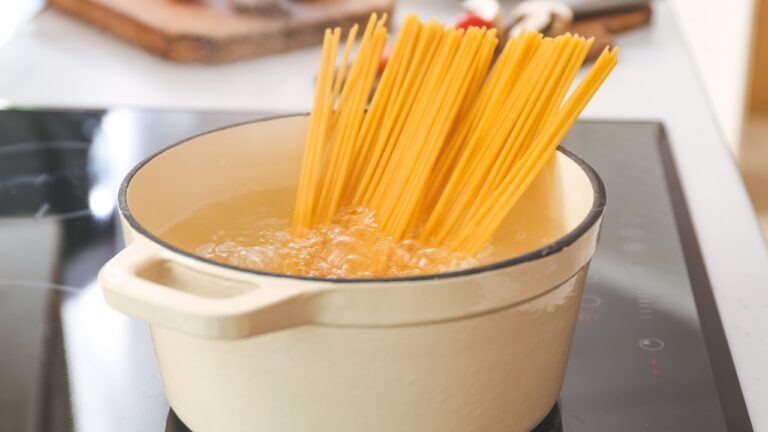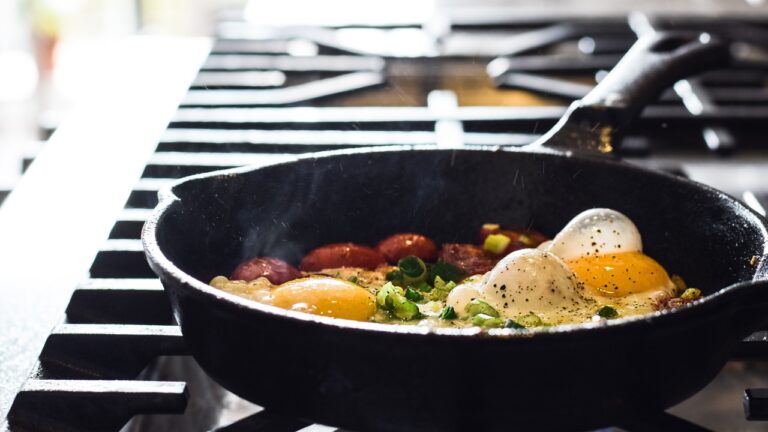The Best Way to Cook Eggs for Perfect Results Every Time
Cooking eggs might seem basic, but there’s an art to getting them just right. Whether you’re team fluffy scrambled eggs or you like a fried egg with those golden, crispy edges, one decision sets the tone for your dish: what kind of fat to use. The right choice doesn’t just keep your eggs from sticking—it’s a flavor game-changer.
I’ll admit, I’ve tested just about every method out there. When my husband mentioned a cooking tip from Gordon Ramsay, I couldn’t resist giving it a try. Spoiler alert: it involves butter, and it’s a total game-changer for fried eggs.
Why Butter Works Wonders
Fried eggs are simple, sure, but nailing that crispy edge with a tender white and runny yolk can feel like chasing perfection. The secret? Butter. While many of us automatically reach for olive oil or whatever’s closest, adding butter to the mix can completely transform the dish.
When butter hits the pan, it starts to bubble and brown. Those browned milk solids? That’s where the magic happens. They caramelize and create a golden crust on the edges of the egg, adding both texture and flavor. It’s not just about the taste, though; butter helps cook the eggs evenly, giving you that perfect balance of crisp and creamy.
Butter + Oil = The Dream Team
One tip I swear by—thanks again, Gordon—is combining butter with a little oil. Olive oil has a higher smoke point than butter, so it lets you cook at a slightly higher temperature without burning anything. Plus, the oil ensures the butter doesn’t brown too quickly while still delivering that crispy, golden goodness.
Here’s how I do it: Start by heating a splash of olive oil in a non-stick pan over medium heat. Once it shimmers (not smokes), toss in a small pat of butter. As the butter melts and starts to foam, you know it’s time to add the eggs. The trick is to keep an eye on everything—the butter can turn from golden to burnt pretty quickly if you’re not careful.
A Few More Tips for Egg Perfection
- Temper Your Eggs: Take them out of the fridge a few minutes before cooking. Room-temp eggs cook more evenly, which makes a noticeable difference.
- Use the Right Pan: Non-stick pans are your best friend here. They help keep the eggs intact, especially if you’re aiming for that Instagram-worthy runny yolk.
- Low and Slow: While it’s tempting to crank up the heat for faster results, medium to low heat gives you more control. It lets the butter brown beautifully without scorching.
Why Butter Makes All the Difference
The flavor of butter is what really seals the deal. It adds a richness that elevates the eggs beyond your usual breakfast fare. Paired with the crisped edges and the creamy yolk, it turns a simple dish into something that feels almost indulgent. Whether you’re piling your egg onto toast, slipping it into a breakfast sandwich, or enjoying it as is, butter takes it to another level.
Cooking eggs this way doesn’t just make them taste better—it makes the process more enjoyable. There’s something about watching that butter bubble and brown that feels satisfying, like you’re creating something special, even on a Tuesday morning.
This method has become a staple in our house. Anytime I want to impress my husband or just treat myself, I whip out the butter and eggs. Give it a try, and I promise, you’ll never go back to plain olive oil again.







